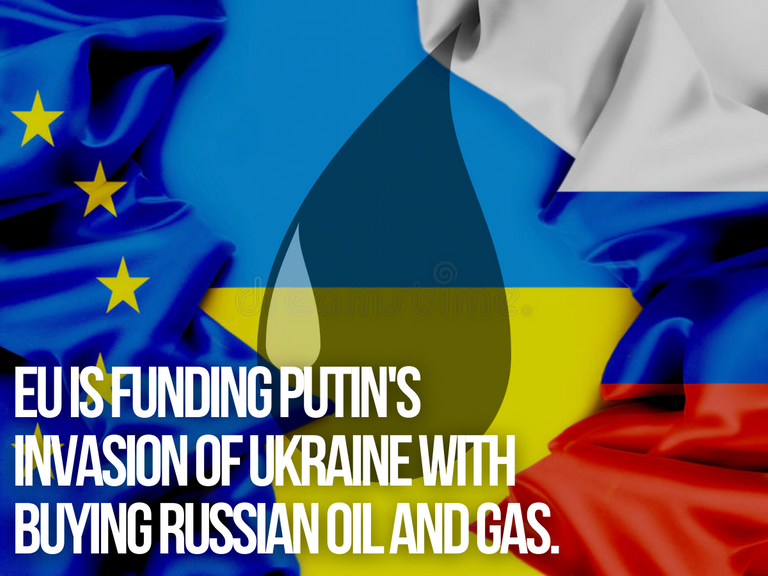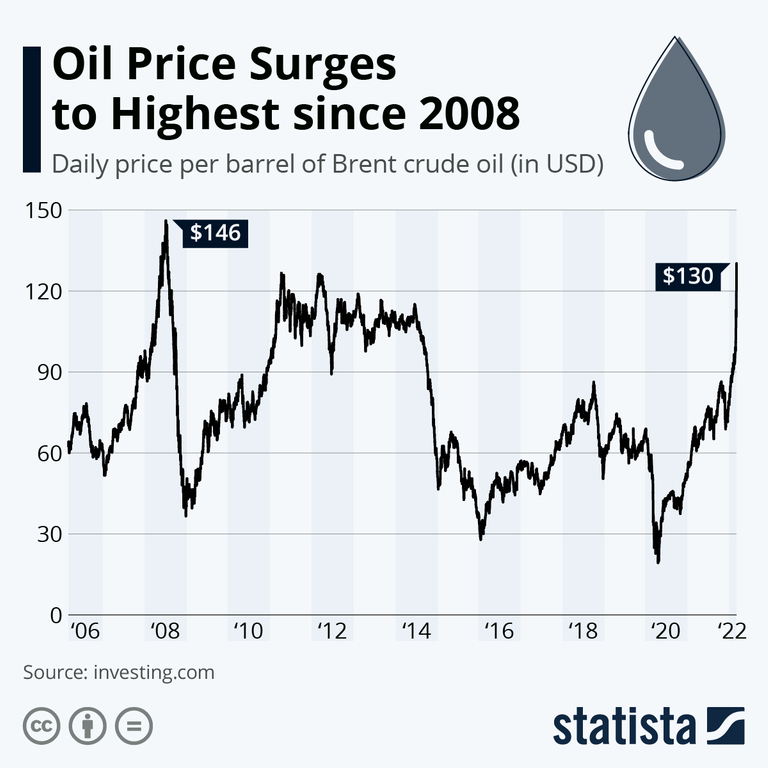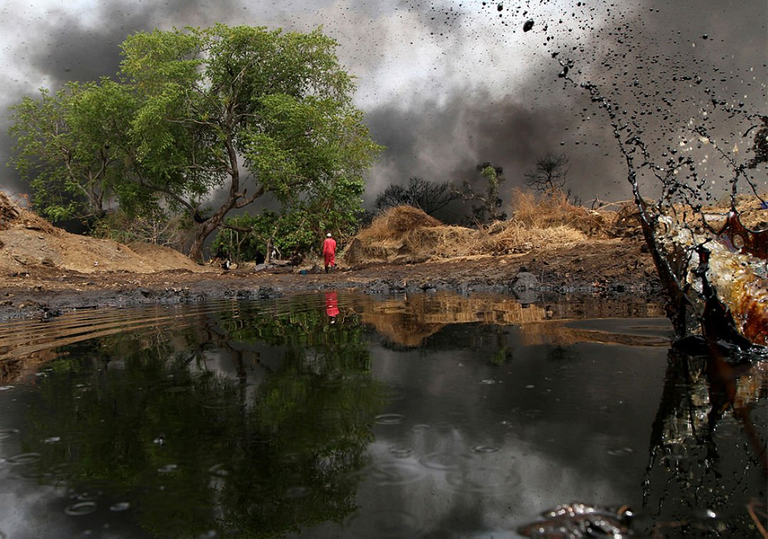
In February, Russia launched a massive military offensive against neighboring Ukraine. Russia's brutal war tactics included indiscriminate shelling of civilian areas. Western countries have responded by imposing crippling economic sanctions on Vladimir Putin's government. But the EU is still heavily dependent on Russia for its energy needs, with a quarter of all oil coming from Moscow. EU countries have paid Russia $46 billion for oil and gas since the conflict began, fueling Putin’s war machine. The more global demand there is for oil and gas, the easier it is for dictators like Putin to profit and grow their armies. For decades, oil wealth has emboldened dictators and funded war and violence. Saddam in Iraq. Gaddafi in Libya. All of these dictators built their regimes on booming oil production and oil prices that financed monstrous brutality.
Countries with oil are far from being of benefit to ordinary people, they are rather corrupt and repressive. Where there is plenty of oil money, that oil money finds its way into the democratic system and undermines it. It corrupts it. In fact, oil is the liquid behind much of the oppression we see around the world. Researchers have called this the “oil curse,” and multinational oil companies are often involved in it, sucking up to brutal regimes while citizens suffer. The oil sector is the area where you have almost about 70 percent of the corruption in the country. And as bombs fell over Ukraine, the UN reminded the world that fossil fuels were driving a much larger crisis. So, is the world ready to finally break with the industry that funds tyrants and their autocratic regimes?
Putin has long used oil and gas as a tool to achieve his goals. Both Russia’s 2008 war in Georgia and the 2014 invasion of Crimea took place when oil was at historically high prices. This meant that any sanctions imposed by the West would be less effective. Putin’s way more confident when prices are high. The world needs his oil and gas, and this gives him an edge in getting away with these kinds of aggressions. And after the seizure of Crimea, rather than move away from Russian energy, the EU became even more reliant on it. This time it’s different. In the wake of the recent war, the US, UK, Canada, and Australia quickly placed outright bans on Russian oil. However, this only drove prices up. And as European countries continued to buy, for Russia this meant more money. Despite its economic sanctions, the EU is still lining Putin’s war chest.

In 2011, another oil-rich leader faced pressure from the West. The Arab Spring saw Libyans rise up against their leader, Muammar Gaddafi, after decades of autocratic rule. Months into a NATO-led bombing campaign, Gaddafi was brutally murdered by rebels. During his 42-year reign, Gaddafi funded invasions into several African countries as well as terrorist attacks such as the Lockerbie plane bombing. Many see Gaddafi as a textbook example of the oil curse— like Putin, using oil profits for his own misadventures. Gaddafi was able to launch a remarkable number of wars in his time as leader of Libya because what he was so gifted at was using Libya’s extraordinary wealth coming from oil as a way of avoiding any kind of real political accountability at home.
Studies show that autocrats are more likely to stay in power if they have a lot of oil. Because the proceeds from oil go right to the central government, often oil allows dictators to float freely above the will of the people. Part of the reason is that they can placate their population with payouts, and also fund repressive means such as the police and state-owned media. As a result, the pressure for ending wars is reduced. In non-petrostates, they worry that if they lose the war, they will get thrown out of office or even killed because of it. It is the case that in petrostates, that’s much less likely to happen because oil wealth has provided the ability to get rid of a lot of domestic political opposition.
From Saudi Arabia to the United Arab Emirates, many associate oil with wealth, but this is often not the case. In 2008, two major oil spills destroyed the livelihoods of the 70,000 people living in Bodo, a town near the Niger Delta. Shell later agreed to pay them $83 million in compensation, but it paled in comparison to the environmental damage caused. Oil spills like these are part of a grim trend. Since the discovery of large oil reserves in the Niger Delta in 1956, oil has become more of a curse than a boon. Oil wealth can provide governments with significant income, but due to the capital-intensive nature of production, only a few see the rewards. Local people often lose their rights to land. It produces very few jobs. They, in short, get all the bad things, whereas the central government and the oil companies get all the money.

Nigeria's oil curse is being exacerbated by multinational companies that are happy to make deals with corrupt officials. Corruption has taken root as oil companies use tools such as lobbyists and campaign donations to influence politicians. So elections are more about who has the biggest campaign chest, who’s paying off whom rather than who’s going to deliver best for citizens. And while multinational oil companies contribute to global corruption, they also fuel the biggest threat to humanity. In February, the Intergovernmental Panel on Climate Change released a scathing report on the planet's future. Climate scientists warned that half of the world’s population was vulnerable to disasters stemming from the burning of fossil fuels. Burning forests in Argentina, massive floods in Bangladesh, drought in Spain. The effects of climate change are already here, and they are becoming more severe.
Some fear that oil companies will use the war to persuade Western policymakers that more fossil fuels need to be produced domestically. Energy independence is the idea that you don’t have to depend on on other countries to keep the lights on and to keep your economy functioning. Really, the only route to true independence and energy security is to get off of fossil fuels and get on something that’s renewable. In May, at a Victory Day parade in Moscow’s Red Square, Vladimir Putin committed to continuing the war in Ukraine. And in Brussels, EU leaders tried to draft a new package of sanctions, including a ban on the supply of Russian oil. But the plan is still to be agreed, and a ban on gas, for now at least, is out of the question. No matter the outcome of the war, Russia’s invasion of Ukraine will change not just how the world sees Russia but also how the world sees oil.